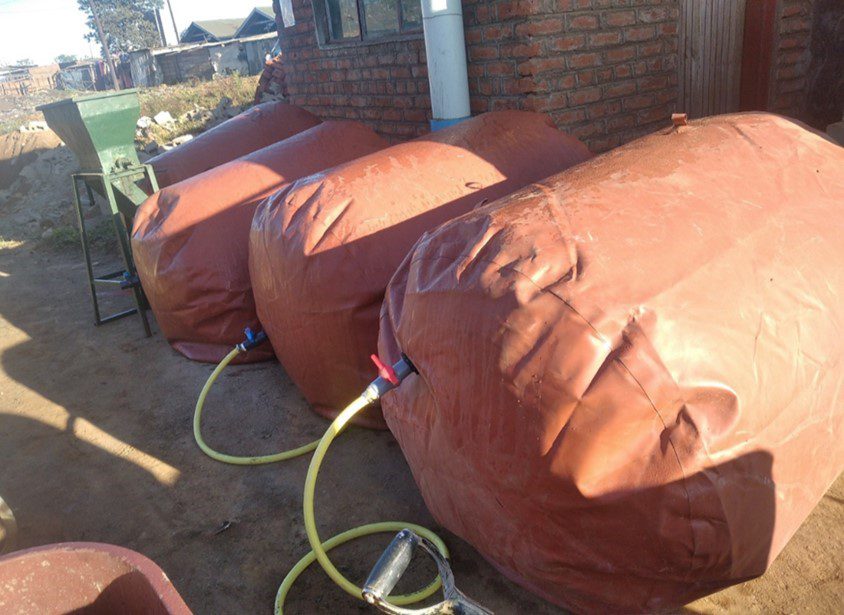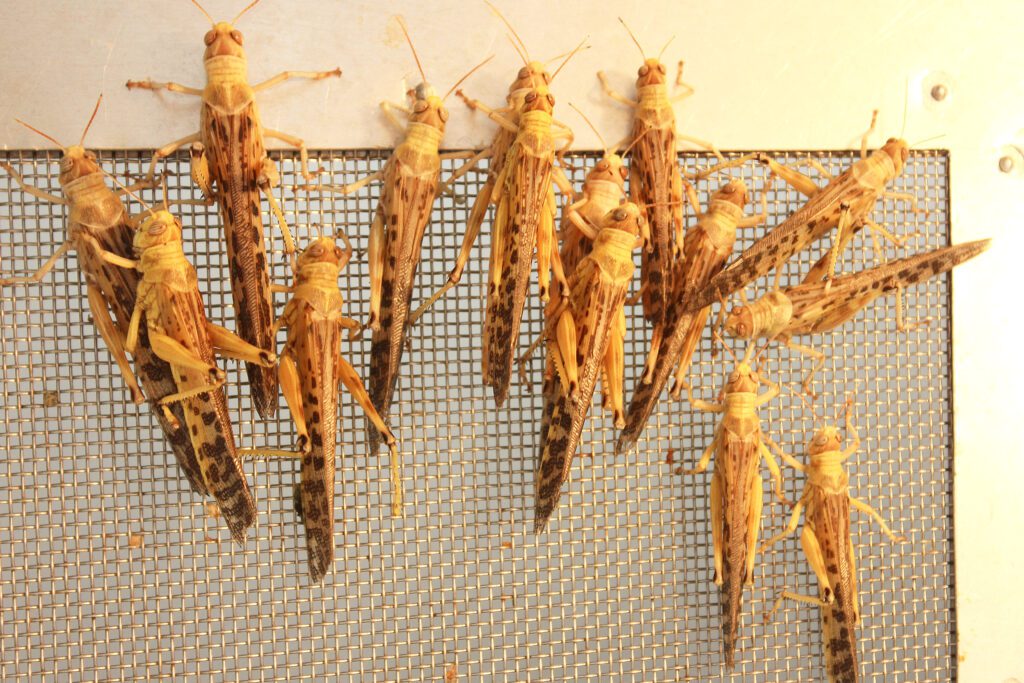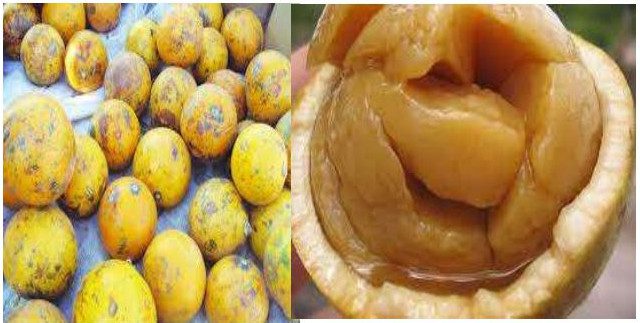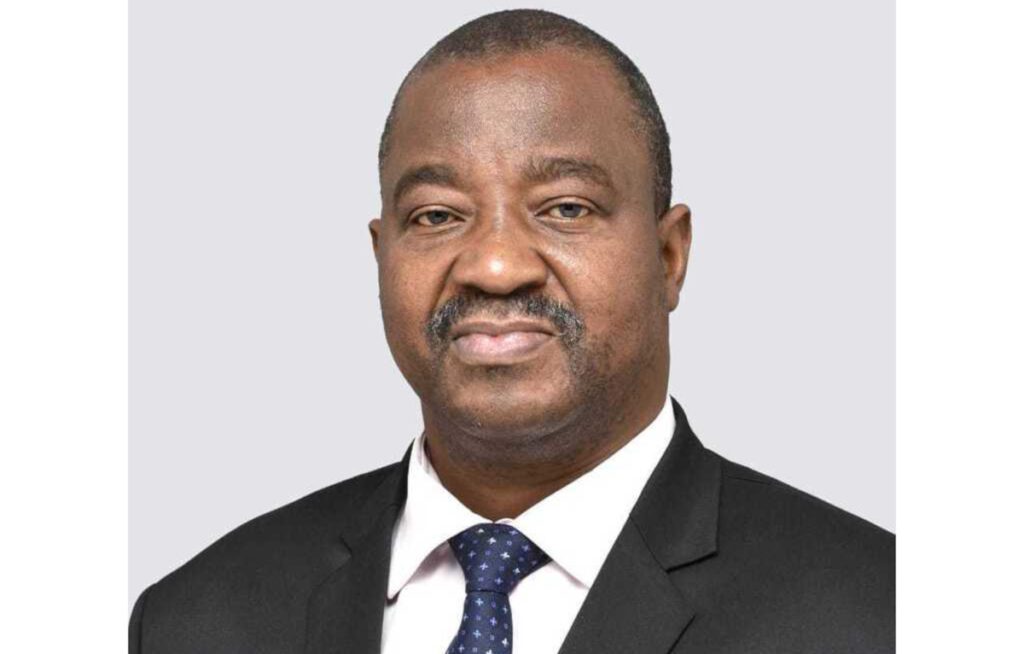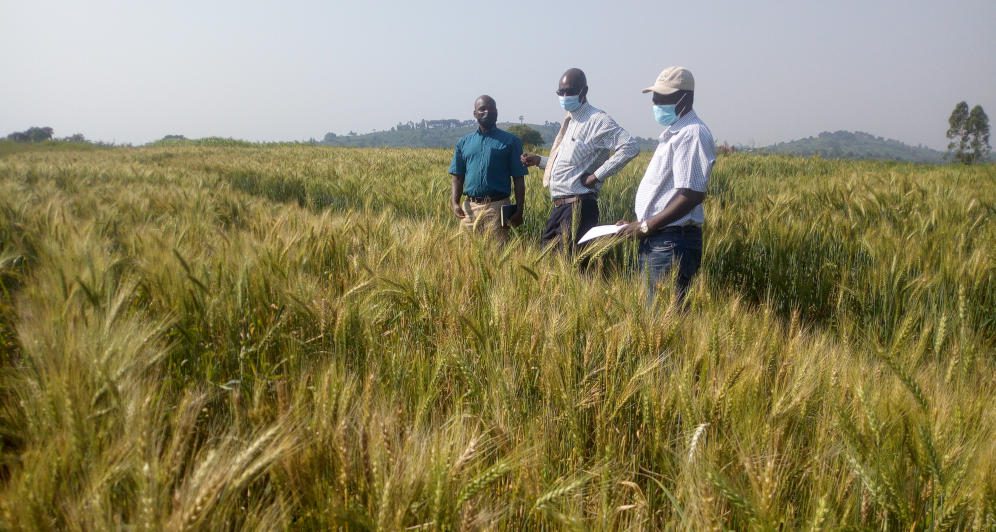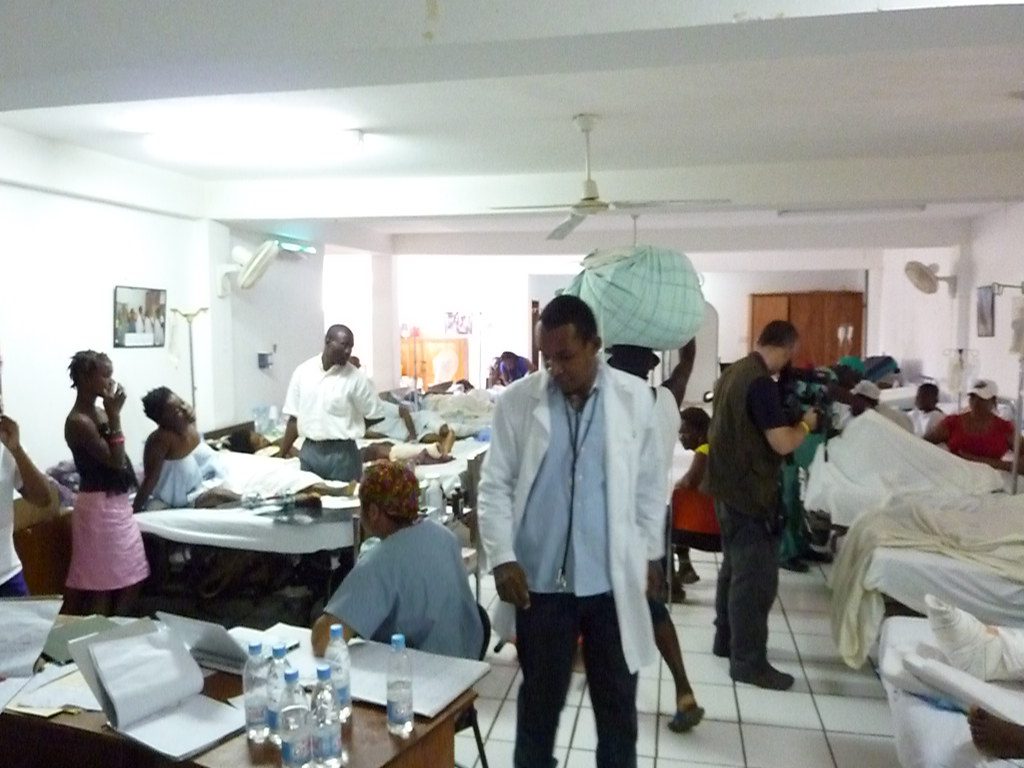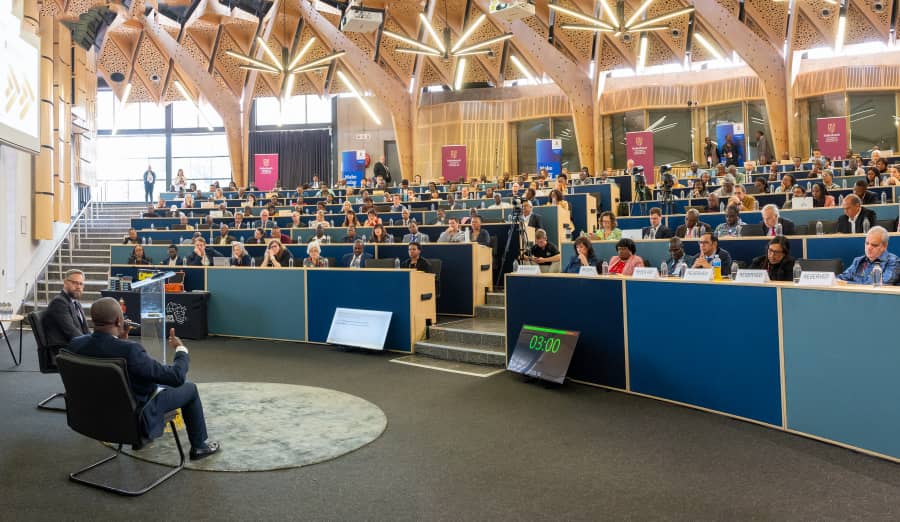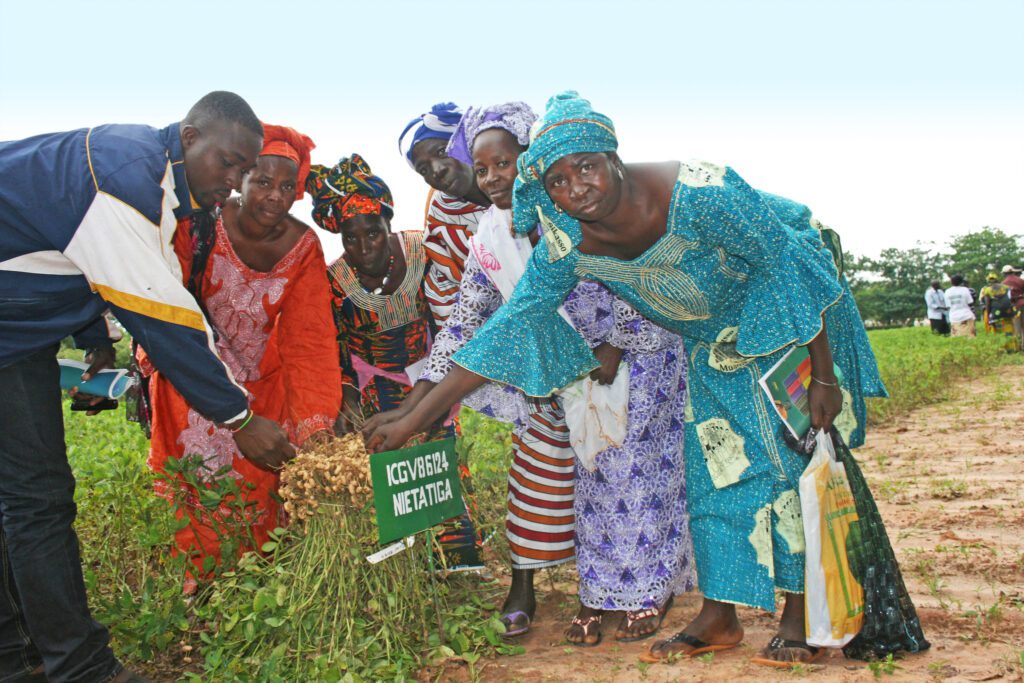Archive for July 2024
Biogas plant addresses energy poverty in Malawi
[BLANTYRE, MALAWI] A biogas plant in Malawi has transformed the lives of mothers, girls, and children in local communities by reducing reliance on firewood and providing them with clean and sustainable energy, its developers say. Only ten per cent of the Malawian population has access to electricity while the majority of the population relies on…
Read MoreMass breeding of desert locusts unlocks new food source
[NAIROBI] Mass breeding of desert locusts in a controlled environment could provide a sustainable source of protein for animals and humans as well as business opportunities in Sub-Saharan Africa, researchers say. With nearly 282 million people in Africa undernourished and a growing population, there is an urgent need for more sustainable food sources and edible…
Read MoreIndigenous plants support nutrition in Southern Africa
Food recipes developed from indigenous plants and adapted to local climates could improve nutrition and alleviate food shortages in rural households in Sub-Saharan Africa, researchers say. The African researchers created products – including jams, juices, syrups, yogurts, and instant soups – using plants such as wild orange, wild medlar, amaranthus, baobab, hibiscus, and violet tree.…
Read MoreMozambique’s new STI policy to drive development
Mozambique’s new science, technology, and innovation (STI) policy will drive economic growth and sustainable development while addressing societal challenges, researchers say. Approved by Mozambique’s cabinet on 21 May, the policy aims to leverage STI to achieve sustainable development and productivity in Mozambique. “The policy represents the government’s commitment to strengthening and building the requisite scientific…
Read MoreUganda fights wheat gap with heat-resistant crop
New climate-resistant wheat varieties developed in Uganda will reduce reliance on foreign exports and support local food production, according to agricultural researchers. Across Sub-Saharan Africa, there is a growing demand for wheat, but rising temperatures are putting yields increasingly at risk. Uganda’s National Agricultural Research Organisation (NARO) is promoting and distributing two new seed varieties,…
Read MoreGo Data, software to improve malaria surveillance in Burkina Faso
L’outil numérique développé par l’OMS et le Réseau mondial d’alerte et d’action en cas d’épidémie contribue à lutter efficacement contre la maladie. Par : Abdel Aziz Nabaloum L’Organisation mondiale de la Santé (OMS) et le Réseau mondial d’alerte et d’action en cas d’épidémie (GOARN) ont mis au point un logiciel qui contribue à la surveillance des…
Read MoreMalawi aims to increase ethanol production despite difficulties
Malawi relies on ethanol as a sustainable and economical alternative to imported gasoline. Malawi is working to increase its ethanol production through public-private partnerships with the aim of producing a cheaper, cleaner fuel, according to a senior official. Ethanol, which is made from the starch in corn kernels, transformed into sugar and then fermented, is…
Read MoreResearch project to boost innovation in Africa
A research and innovation management program helps scientific research granting agencies to select and fund the most effective projects. By Afeez Bolaji A new project tackles the research and innovation challenges facing sub-Saharan Africa, bridging funding gaps and gender imbalances to boost development in the region. The Research and Innovation Management (RIM) project was driven…
Read MoreResearch in Africa “stifled by unequal partnerships
[NAIROBI] African researchers are often underestimated and marginalized in collaborative research projects. As a result, the scientific issues are flawed and the interpretation of the data is biased, said university officials in a debate. Academics spoke out on this subject at an online seminar on equitable and inclusive partnerships, held on May 3 under the…
Read MoreResearchers forge partnerships with the private sector in Malawi
The Science Funding Agencies Initiative (SFAI) uses the “triple helix” approach to enable African researchers to collaborate with national government departments, the private sector and other researchers to advance science and address research funding challenges. Gift Kadzamira, Director General of the National Commission for Science and Technology in Malawi, an IOSRS member organization, points out…
Read More
